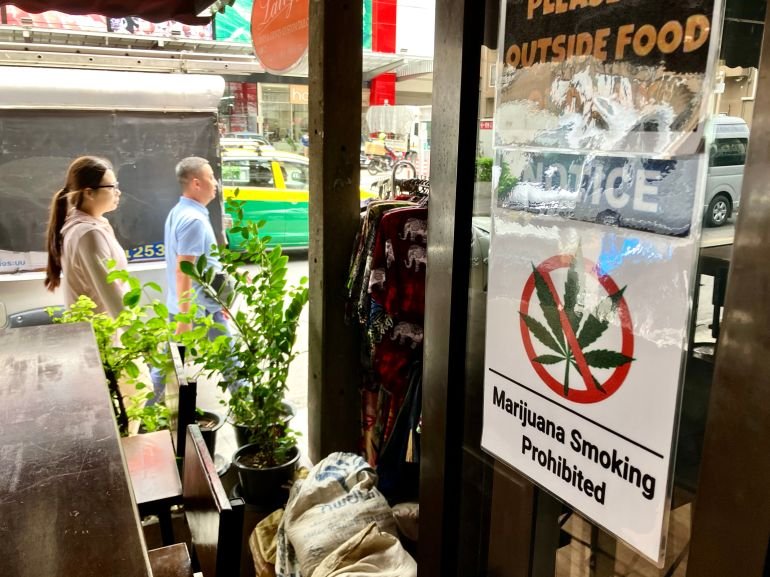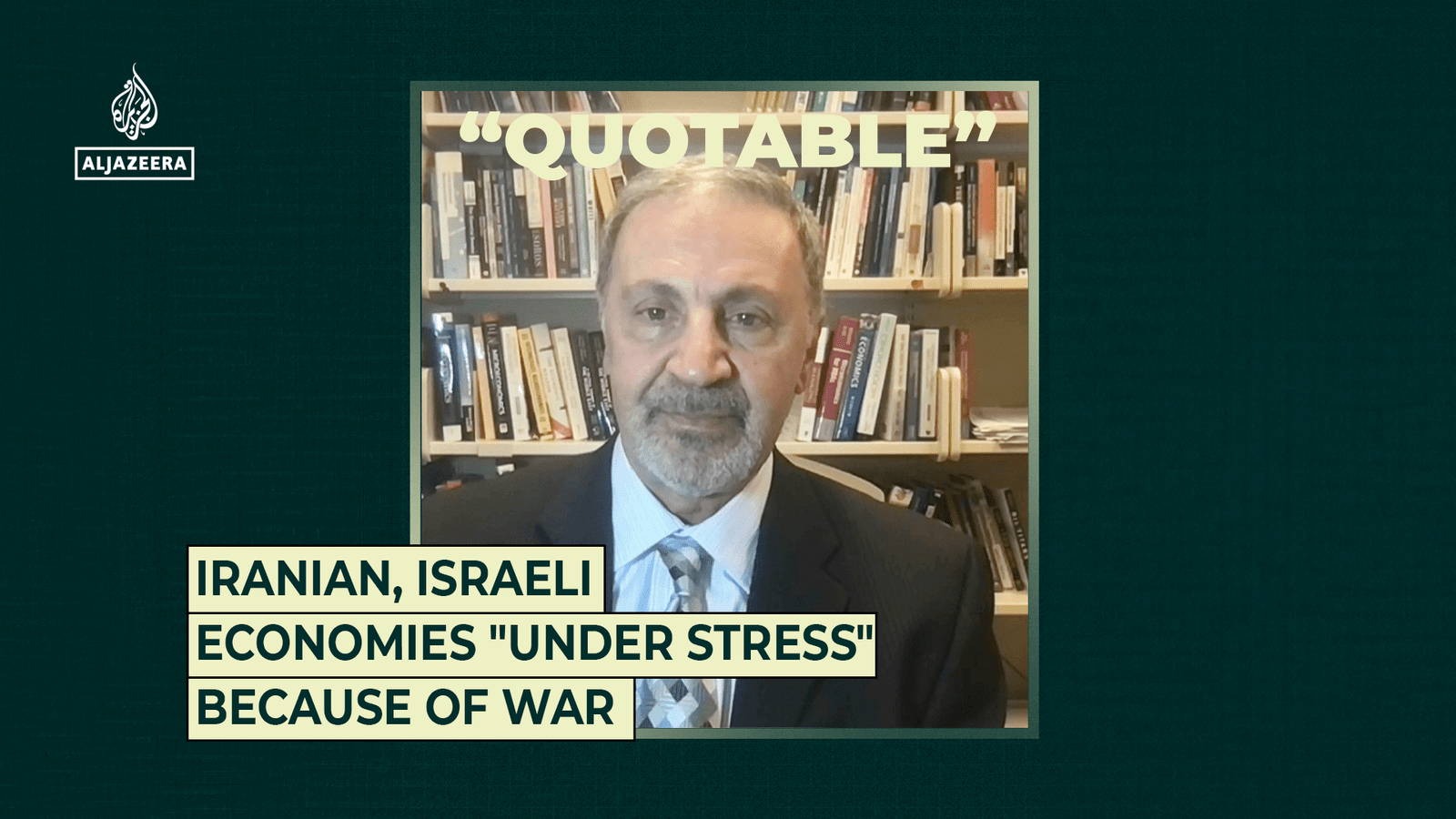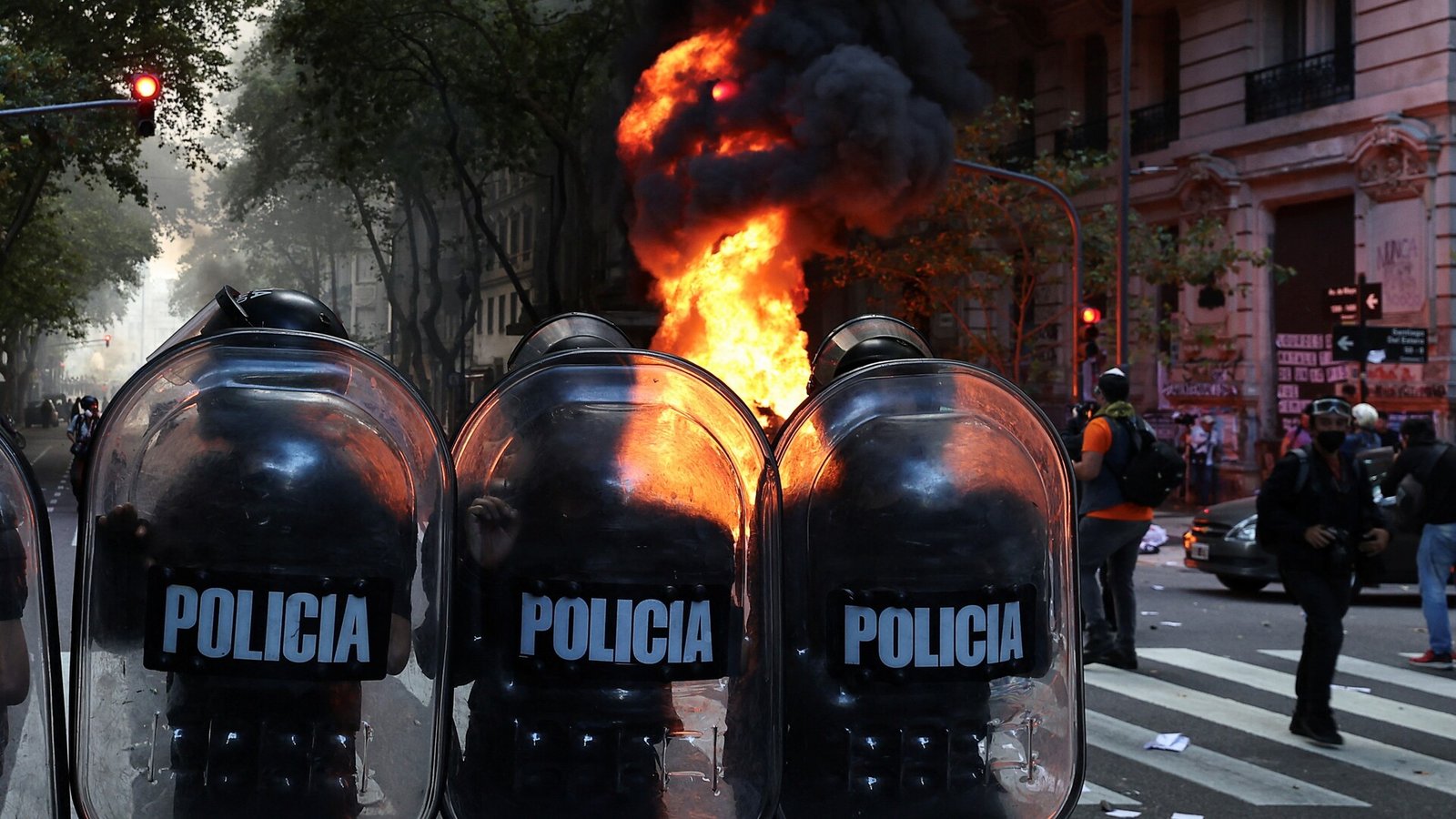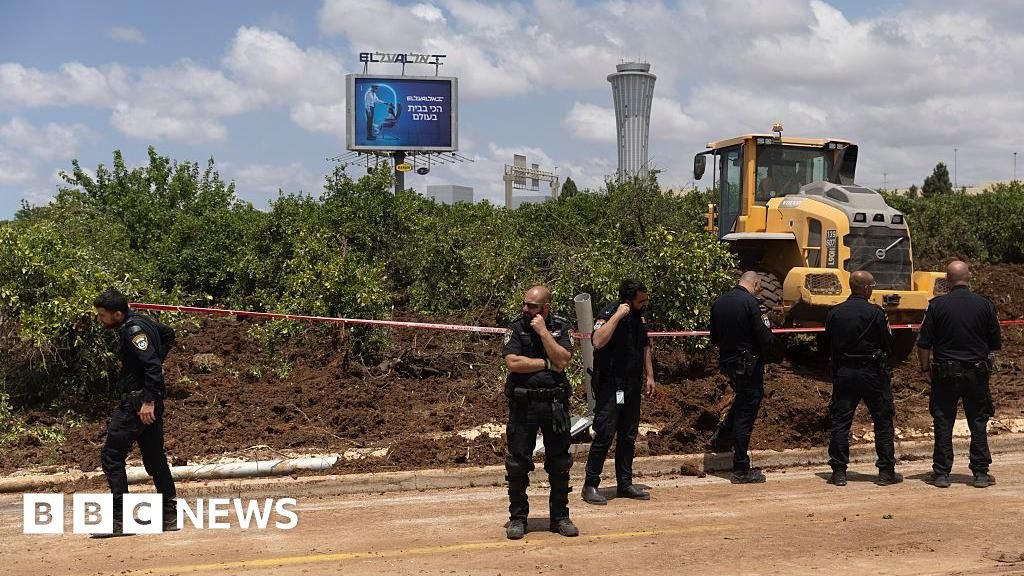Bangkok, Thailand – Even at the Nana intersection, a pulsating mecca of this megacity’s seamy nightlife scene, the Wonderland cannabis shop is hard to miss.
Its sprawling, ruby-pink signboard screams across the busy crossroads, broadcasting the wares inside with the help of neon lights twisted into luminescent marijuana leaves.
It is Saturday afternoon, and business should be good. But it is not.
Just days earlier, Thailand’s government imposed news/2025/6/26/thailand-moves-to-re-criminalise-cannabis-in-blow-to-1bn-industry”>new rules sharply curbing the sale of cannabis, only three years after decriminalising the plant with much fanfare and unleashing a billion-dollar business in the process.
All sales of cannabis buds must now be accompanied by a doctor’s prescription – a stipulation aimed at choking off the recreational market, the mainstay of most of the thousands of dispensaries that now dot the country.
Public Health Minister Somsak Thepsuthin has also announced his intention to place the plant back on the country’s controlled narcotics list within 45 days, putting it in the company of cocaine, heroin and meth.
Nanuephat Kittichaibawan, an assistant manager at Wonderland, said his shop used to serve 10 or more customers an hour most afternoons.
Now, even with an in-house doctor to write prescriptions on the spot, “it is just one or two”, he told Al Jazeera.
“It is more complicated than it used to be, and for some people it will be too much,” he added.
Like many in the business, he worries the new rules may even force him to shut down, putting him out of work.
“If we follow the rules, we could [have to] close,” he said. “I do worry about that. A lot of people have this as their main job, and they need it to survive.”

Faris Pitsuwan, who owns five dispensaries on some of Thailand’s most popular tourist islands, including Ko Phi Phi Don and Phuket, is worried, too.
“Yesterday, I could not sell anything,” he told Al Jazeera. “I hope my business will survive, but too soon to say.”
While announcing the policy U-turn last week, Somsak said the new rules would help contain Thailand’s cannabis industry to the medical market, as intended when a previous administration, and a different health minister, news/2022/6/9/thailand-legalises-growing-cannabis-and-eases-consumption-rules”>decriminalised the plant in 2022.
“The policy must return to its original goal of controlling cannabis for medical use only,” government spokesman Jirayu Houngsub said.
Since a new administration took over in 2023, the government has blamed decriminalisation for a wave of problems, including a spike in overdoses among children and adolescents and increased smuggling to countries where cannabis is still illegal.
A survey by the government’s National Institute of Development Administration last year found that three in four Thais strongly or moderately agreed with putting cannabis back on the narcotics list.
Smith Srisont, president of Thailand’s Association of Forensic Physicians, has been urging the government to relist cannabis from the beginning, mostly because of the health risks.
Smith notes that more than one study has found a fivefold to sixfold spike in cannabis-related health problems among children and adolescents since legalisation.
Although shops have been forbidden from selling to anyone below the age of 20, Smith says it has been too hard to enforce because the job falls mostly on health officers, rather than police, and Thailand does not have enough.
“So, they can’t … look at every shop,” he told Al Jazeera, but “if cannabis is [treated more] like methamphetamine … it will be … better because the police can [then get] involved” right away.
Many farmers and shop owners, though, say the blowback from legalising cannabis has been exaggerated, and scapegoated by the leading Pheu Thai Party to punish the Bhumjaithai Party, which abandoned the ruling coalition two weeks ago over Prime Minister Paetongtarn Shinawatra’s alleged bungling of a border dispute with Cambodia.
Somsak has denied the claim.
Bhumjaithai had led the push to decriminalise cannabis and was tussling with Pheu Thai for control of the powerful Ministry of the Interior in the weeks leading up to its split from the coalition.

“As soon as one party steps down from the coalition, this happens. The timing just could not be any more perfect,” Chokwan Chopaka, who opened a dispensary along Bangkok’s bustling Sukhumvit Boulevard soon after Thailand legalised cannabis, told Al Jazeera.
“I understand that cannabis does create issues,” she said, “[but] I feel that those issues could have been at least mitigated if the government were actually enforcing the rules that [did] exist in the first place.”
Chokwan said she had to shutter her shop a few months ago because she could no longer both follow those rules and compete with other dispensaries in the neighbourhood that were getting away with breaking them.
She expects that most dispensaries will end up closing if the new rules are enforced diligently, many of them before recouping the investments they made to get up and running.
“A lot of people are very stressed out. We’re talking about people that are borrowing money into this. This is their last breath, their last lot of savings, because our economy hasn’t been well,” Chokwan said.
The Thai government said in May that the national economy may grow by as little as 1.3 percent this year, dragged down in part by slumping tourist arrivals.
The government has blamed the freewheeling cannabis scene of the past three years for putting some tourists off Thailand – another reason, it argues, to tighten the reins.
Shah, on his second trip to Thailand from India in the past year, said the new rules could do more harm than good by pushing tourists like him and his friend away.
“One of the reasons that we do come here is so that we can smoke good weed,” Shah, who asked to be referred to by his last name only, told Al Jazeera.
Having landed in Bangkok only hours earlier, Shah and his friend were leaving a Nana neighbourhood dispensary with their purchase.
A self-avowed recreational user, Shah said the shop wrote him a prescription with few questions and no fuss.
But if the government does get serious about enforcing the new rules, he added, “maybe I’ll think twice next time and go somewhere else.”

Cannabis farmers are fretting about the new rules, too.
To keep selling their buds to local shops, every farm will soon need a Good Agriculture and Collection Practice (GACP) certificate from the government.
It certifies that the farm has met certain quality control standards.
Chokwan, who also leads the Writing Thailand’s Cannabis Future Network, a cannabis advocacy group, said only about 100 cannabis farms across the country currently have GACP certification.
Getting farms ready and tested can be expensive, she said, while forcing it on all farmers will weed out thousands of “little guys”, leaving the largest farms and the corporations backing them to dominate the market.
Coming in at less than 300 square metres (360 square yards), under banks of LED lights inside an unassuming beige building on the outskirts of Bangkok, the Thai Kush cannabis farm easily qualifies as one of the little guys.
Owner Vara Thongsiri said the farm has been supplying shops across the country since 2022. His main gripe with the new rules is how suddenly they came down.
“When you announce it and your announcement is effective immediately, how does a farm adapt that quickly? It is impossible. They didn’t even give us a chance,” he told Al Jazeera.
Vara said he would apply for the certificate nonetheless and was confident the quality of his buds would help his farm survive even in a smaller, medical-cannabis-only marketplace, depending on how long the application takes.
“My farm is a working farm. We harvest every month … If the process takes three months to six months, how am I going to last if I can’t sell the product I have?” he said.
“Because a farm can’t last if it can’t sell.”

Rattapon Sanrak, a cannabis farmer and shop owner, is crunching the numbers on the new regulations as well.
His small farm in the country’s fertile northeast supplies his two Highland Cafe dispensaries in Bangkok, including one in the heart of the city’s Khao San quarter, a warren of bars, clubs and budget accommodations catering to backpackers.
“I could stay open, but as [per] my calculation, it may not [be] worth the business. It’s not feasible any more due to the regulations, the rental and other costs,” he told Al Jazeera.
“It’s not worth the money to invest.”
Rattapon and others believe the government could have avoided the latest policy whiplash by passing a comprehensive cannabis control bill either before decriminalisation or soon after.
Like others critical of the government’s approach, he blames political brinkmanship between Bhumjaithai and Pheu Thai for failing to do so.
Proponents of such a bill say it could have set different rules for farms based on their size, helping smaller growers stay in business, and better regulations to help head off the problems the government is complaining about now.
Although a bill has been drafted, Somsak has said he has no intention of pushing it forward, insisting that placing the plant back on the narcotics list was the best way to control it.
The Writing Thailand’s Cannabis Future Network plans to hold a protest in front of the Ministry of Public Health on Monday in hopes of changing the minister’s mind.
Rattapon said he and hundreds of other farmers and shop owners also plan on filing a class action lawsuit against the government over the new rules.

In the meantime, Rattapon and others warn, the government’s attempt at confining cannabis to the medical market will not simply make the recreational supply chain vanish.
Rattapon said many producers, having poured in millions of dollars and put thousands of people to work, will go underground, where they will be even harder to control.
“Imagine you have a company, you hire 10 people, you invest 2 million baht [$61,630] for that, you’re operating your business, and then one day they say that you cannot sell it any more. And in the pipeline, you have 100 kilograms coming. What would you do?” he said.
“They will go underground.”
Faris, the dispensary owner, agreed.
He said many of the shops and farms that rely on the recreational market will close under the new rules.
“But as time goes by,” he added, “people will find a way.”



